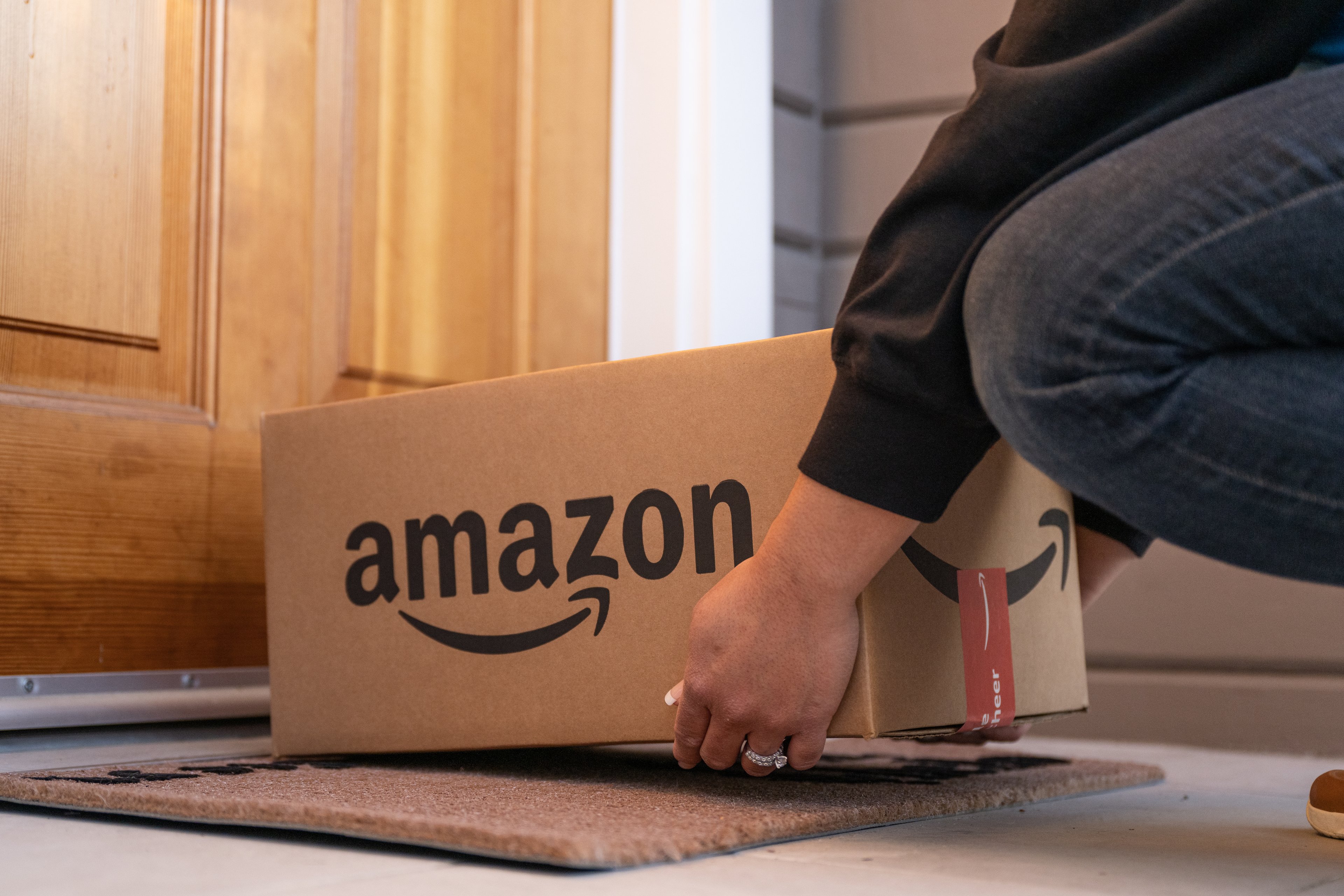Amazon.com (AMZN 0.25%) is perhaps best known for pioneering online retail in the U.S. -- the company now owns a commanding 25% share of the domestic e-commerce market. Its consistent growth has now finally attracted competition from its big-box rivals, including Wal-Mart Stores (WMT 1.20%) and Target Corporation (TGT 0.01%). After years of hesitating and neglecting the online channel, those retailers have doubled down on their efforts to compete with Amazon and win the online space.

At this time last year, Amazon was actually losing market share to its brick-and-mortar counterparts. Target's web sales increased by more than 30% in 2014, and Wal-Mart's were up 22%. Other retailers like Home Depot and Costco Wholesale saw online sales grow even faster.
Meanwhile, Amazon's global e-commerce sales were up just 18% last year. The narrative seemed to be that the online channel was an untapped resource for traditional retailers, and that they were gaining share by leveraging their physical assets to offer customers options like in-store pickup and ship-from-store.
However, the pattern has recently shifted again as e-commerce growth has slowed at big-box stores like Wal-Mart and Target.
They coulda been contenders
In its most recent quarter, Wal-Mart's e-commerce growth sank all the way to 10%, having fallen steadily over the last three quarters. Management blamed international weakness for the poor results, citing slow growth in China and Brazil. But considering Wal-Mart makes a majority of its sales in the U.S., the U.S. market should have the biggest effect on the company's e-commerce growth. The slowdown therefore was surprising, as the company has invested in online grocery pickup, adding 85 locations in the quarter to make a grand total of 140, as well other initiatives. If those initiatives are working, the effect on the top line has been minimal thus far.
At Target, meanwhile, online sales grew just 20% in the third quarter, down from a pace of 30% earlier in the year and well under the 40% spike management had predicted. Target, which operates almost exclusive in the U.S., blamed a slowdown in electronics and apparel for the disappointing numbers. The company had previously lowered its minimum for free shipping to $25, below Amazon and any other major retailer, and is now promising to waive it for the holiday season. That could help jump start online sales in the key selling season, but for now it seems like Target has lost a step.
Return of the original
While its brick-and-mortar rivals were floundering, Amazon was soaring to new heights once again; e-commerce sales grew 23%, with sales of electronics and other merchandise, the category in which it directly competes directly against Wal-Mart and Target, up 28%.
During the quarter, Amazon launched its first ever Prime Day celebration, offering thousands of deals on items for Amazon Prime subscribers, its membership service that offers free two-day shipping and perks like free access to Amazon Instant Video and the Kindle Lending Library. Though its cloud computing profits attracted headline attention, the rebound in its e-commerce growth was not to be ignored.
The company continues to improve its value proposition each quarter while its big-box rivals are struggling to overcome the challenges of pairing e-commerce with physical retail. Amazon's Prime Now service, which offers delivery within an hour on thousands of products, expanded to eight new cities over the quarter for a grand total of 17.
Heading into the holiday season, Amazon looks poised to put even more space between itself and the brick-and-mortar wannabes. The company is offering a $50 tablet and a slew of deals as part of its "Countdown to Black Friday" special, including discounts on popular tech gadgets including the Fire TV Stick.
In a Reuters survey, 51% of shoppers said they planned to do most of their online shopping from Amazon during the quarter, compared to 16% at Wal-Mart and just 3% for Target, confirming the company's dominance of the space.
As Amazon grows, its competitive advantage will only get stronger. Time is running out for Wal-Mart and Target to stake a claim in the e-commerce market.






